Publications
Articles, publications, books, tools and multimedia features from the U.S. Institute of Peace provide the latest news, analysis, research findings, practitioner guides and reports, all related to the conflict zones and issues that are at the center of the Institute’s work to prevent and reduce violent conflict.
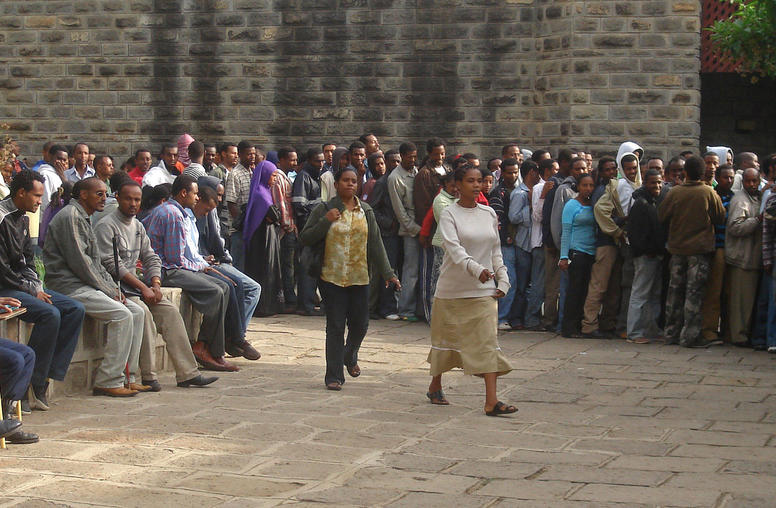
Ethiopia’s Problems Will Not End with a Military Victory
As violence continues over control of the northern Ethiopian region of Tigray, Ethiopia’s future remains unsettled, even if the conflict ends soon. Achieving the federal government’s security objectives in Tigray is unlikely to resolve both new and entrenched political challenges, and already delayed national elections, now expected in 2021, may prove a severe test of Ethiopia’s political order, and consequently affect broader regional stability. Reconciling the electoral process with efforts for reconciliation and national dialogue is now even more imperative.
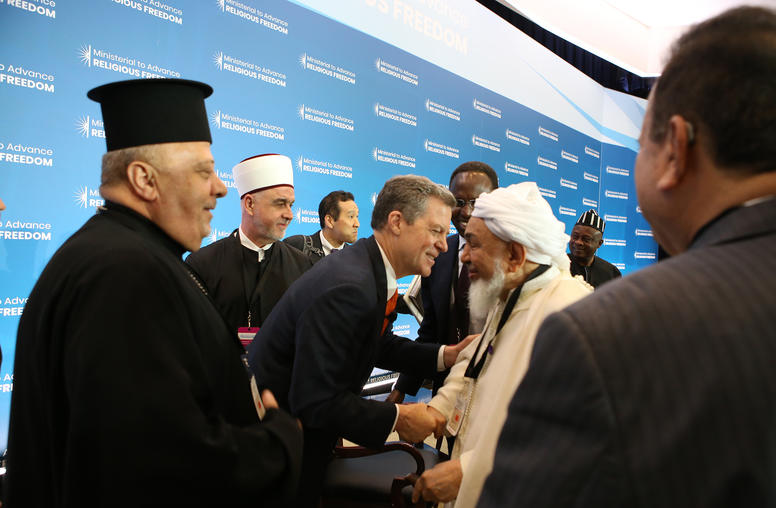
Four Thoughts on Advancing Religious Engagement in Diplomacy and Development
After nearly 20 years and across three successive U.S. administrations, it is clear that a bipartisan consensus exists among senior foreign affairs leadership that engaging religious actors to advance key American diplomatic, national security, and development objectives needs to be a priority. With some 84 percent of the world’s population expressing a faith affiliation, the role of religion as a social force around the world—and one that figures centrally in many peacebuilding contexts—cannot be ignored in our foreign relations.
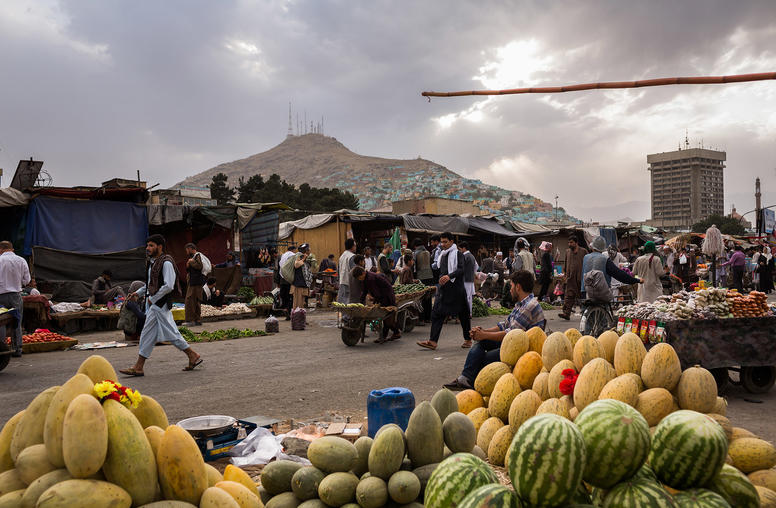
Afghanistan Aid Conference Yields Mixed Results
The quadrennial international donor conference for Afghanistan, held virtually late last month from Geneva, was largely shaped by the pitfalls and roadblocks forecast months ago when the event was publicly announced. Delays in the peace process, worsening violence, and unveiling of plans for further U.S. troop reductions left the meeting’s potential unmet. Yet amid the unsatisfying results, some hopeful rays broke through. In particular, the size and duration of aid pledges provided at least something to build on.
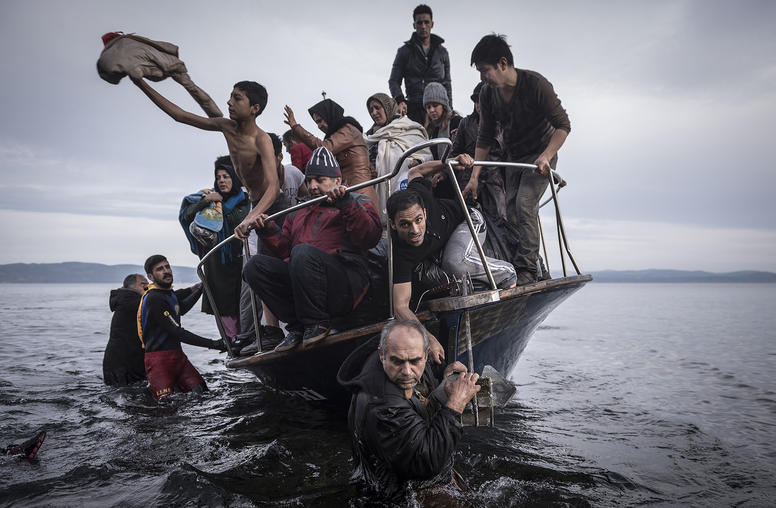
A Rapidly Changing World Requires Renewed International Cooperation
Emerging from the economic havoc of the Great Depression and the violence of World War II, the United States found itself at a hinge of history moment. American leaders like President Harry Truman and Secretary of State Dean Acheson believed that the United States should not only change the way it engaged with the world but assert itself to shape and lead it into a new era of international cooperation. Today, amid a global pandemic, the world faces a similar moment, with massive technological, demographic, environmental, and geopolitical shifts redefining the global order, said former Secretary of State George Shultz. “They [American leaders after World War II] said what we could say now … we are part of this world, whether we like it or not. And they set out to try to make something different.”
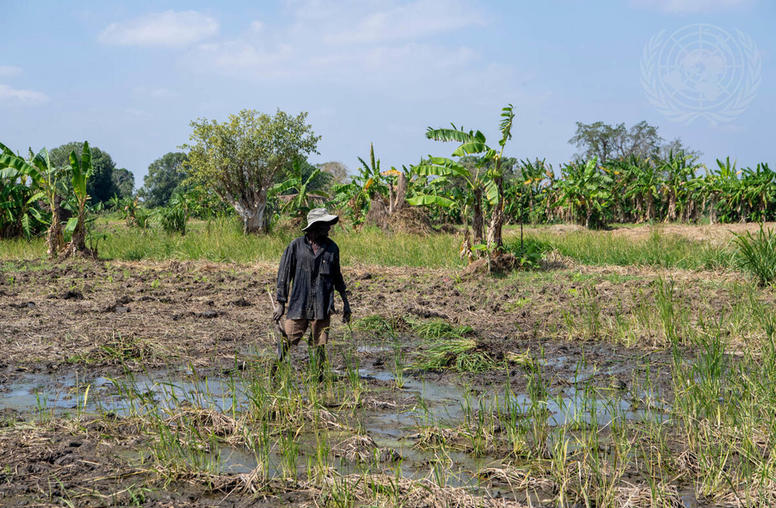
Mozambique’s Crisis Requires a New Playbook to Fight Extremism
Over the past three years, a local Islamist insurgency in the northern Mozambican province of Cabo Delgado has grown in strength and viciousness, developing ties with international terrorist groups and threatening one of the world’s largest natural gas projects. The insurgency is turning Cabo Delgado into a killing field.
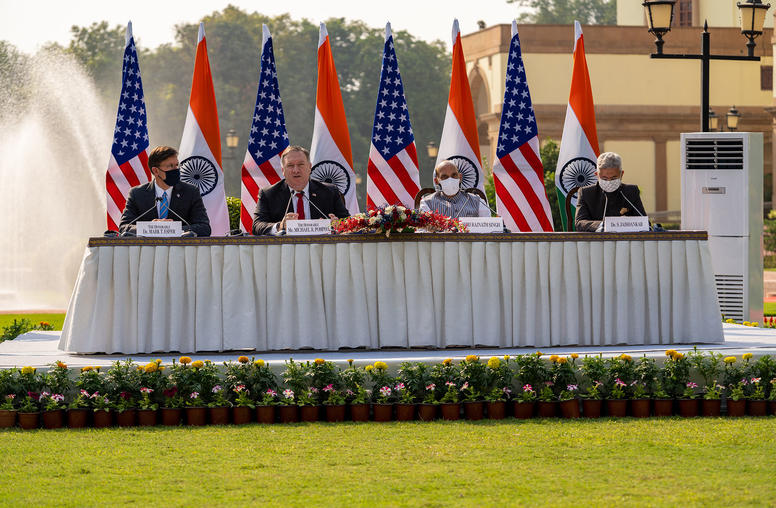
Spurred by China Rivalry, U.S., India Deepen Strategic Ties
The United States and India inked on October 27 a key agreement that will help New Delhi get real-time access to American geospatial intelligence. The agreement, known as the Basic Exchange and Cooperation Agreement (BECA), was a result of the 2+2 ministerial dialogue between U.S. and Indian defense and foreign affairs chiefs, following a trend in recent years of deepening military cooperation geared toward pushing back on China’s increasingly assertive policies in the region. This comes after a spate of skirmishes this year on the Line of Actual Control (LAC), a Sino-Indian disputed border region. USIP’s Vikram Singh looks at India’s evolving defense posture, deepening U.S.-Indian ties, and how it relates to India’s rocky relationships with China and Pakistan.
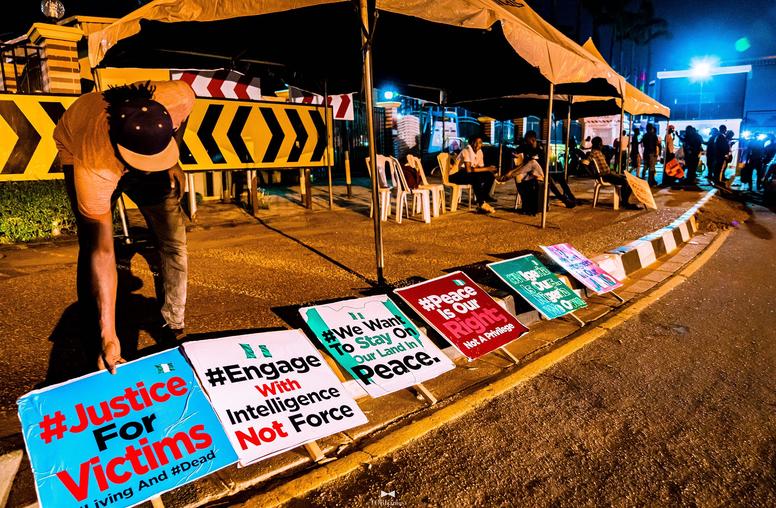
When the World Moves On: What’s Next for Nigeria’s EndSARS Movement?
This week, protesters once again filled the streets of several Nigerian cities as activists called for “Phase II” of the #EndSARS protests that rocked the country in October. While the protesters’ initial grievances focused on police violence by the country’s Special Anti-Robbery Squad (SARS), many in the movement have since expanded its aims, criticizing government corruption, with some calling for the resignation of President Muhammadu Buhari. While the initial protests seemed to have faded after the army opened fire on peaceful protesters at the Lekki Toll Gate plaza in Lagos, the underlying grievances of the protesters remain unresolved.
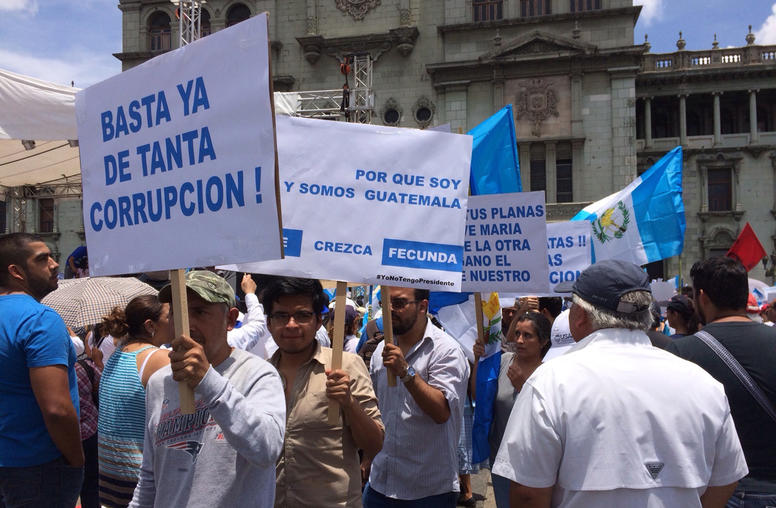
Combatting Corruption Amid the Pandemic
As the world deploys unprecedented measures to stem the fallout from the COVID-19 pandemic, the assistance that many struggling people see as a beacon of hope also raises the risk for unchecked corruption. Without a strong counterbalance demanding transparency and accountability, built at the grassroots level, anti-corruption agendas could face a debilitating blow as the pandemic wears on. However, despite the acute vulnerability of the current moment, there is emerging hope that the urgency of the pandemic could also help jumpstart solutions to perennial problems in the anti-corruption space.
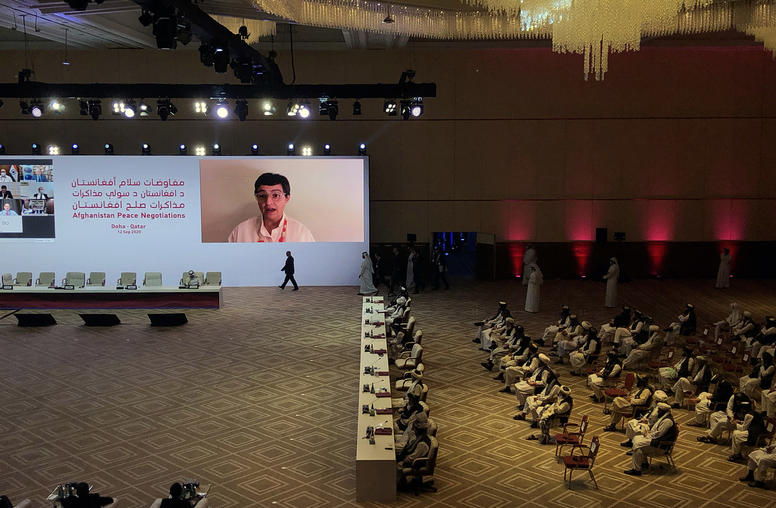
Gridlocked Afghan Peace Talks Overcome Another Hurdle
Afghan peace negotiations began in mid-September, bringing together the Afghan government and Taliban for the first time to negotiate an end to four decades of war. But, since then, the talks have been mired in squabbles over basic procedures. Last week the sides made a breakthrough and agreed on the rules that will govern future talks, opening the door to the more substantive issue of the agenda for talks—including how and when to talk about a reduction in violence and future political arrangements. Senior U.S. officials praised the agreement and urged the parties to move quickly to a discussion about ways to reduce record-high violence levels.
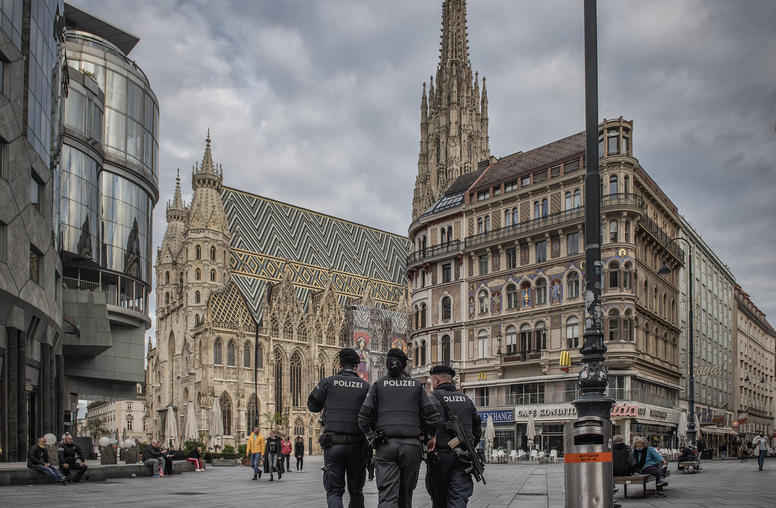
From COVID to the Caliphate: A Look at Violent Extremism Heading into 2021
Heading into 2021, the violent extremist landscape is more diverse than at any previous point in the last two decades since the start of the U.S.-led Global War on Terrorism. While that effort was almost exclusively focused on combating violent extremist organizations motivated by Salafi-jihadism, there has been a universal recognition that other forms of extremism have proliferated. Many governments and states feel completely unprepared and underequipped to deal with these new forms of extremism, which include, but are not limited to, racially and ethnically motivated terrorism, terrorism inspired by extreme misogyny, left-wing terrorism, and the rapid spread of conspiracy theories.